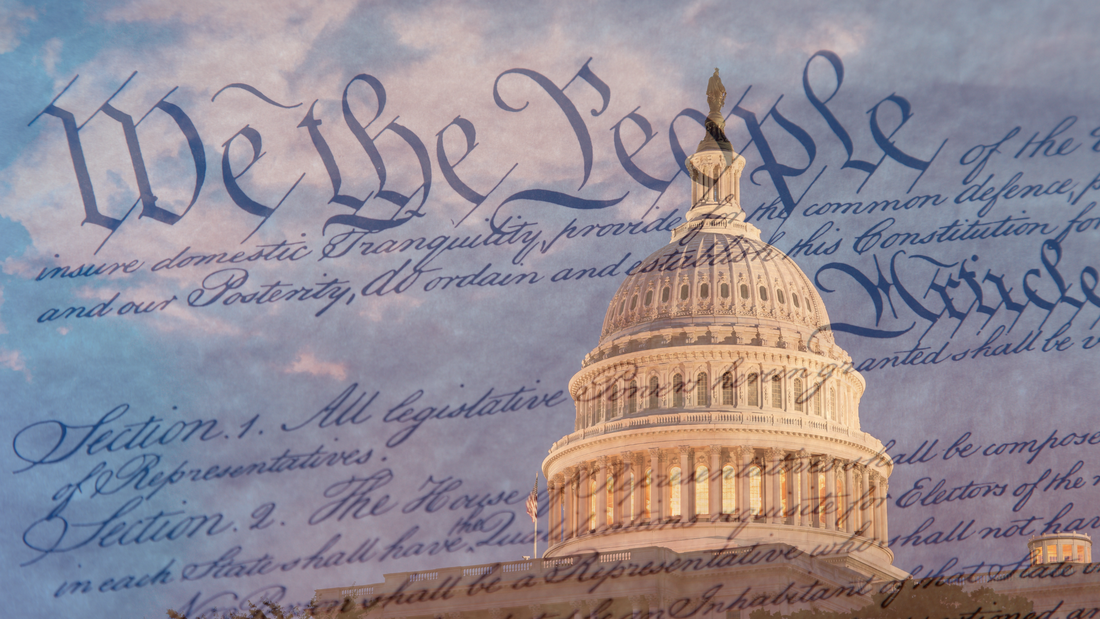|
The House Judiciary Committee today announced its long-awaited bill that reauthorizes Section 702 of the Foreign Intelligence Surveillance Act (FISA) while reforming provisions that have allowed warrantless spying on Americans by federal agencies.
Enacted in 2008, Section 702 permits the FBI, the CIA, the National Security Agency, and the National Counter Terrorism Center to search through billions of warrantlessly acquired international communications to surveil foreign targets on foreign soil. The emails, texts messages, internet data, and other communications of Americans are also incidentally swept up in this program, allowing agencies to look for specific information about U.S. persons (U.S. citizens and permanent residents) without a warrant, as required by the Fourth Amendment of the U.S. Constitution. Statement of Bob Goodlatte, former Chairman of the House Judiciary Committee and PPSA Senior Policy Advisor: “The House Judiciary Committee has unveiled the most important government surveillance reform measure since the creation of FISA in 1979. “This bill addresses a growing crisis. Our government, with the FBI in the lead, has come to treat Section 702 – enacted by Congress for the surveillance of foreigners on foreign soil – as a domestic surveillance program of Americans. “The government used this authority to conduct over 200,000 ‘backdoor searches’ of Americans in 2022. Section 702 has been used to search the communications of sitting House and Senate Members, protesters across the ideological spectrum, 19,000 donors to a congressional campaign, journalists, and a state court judge. The American people can see that Section 702 has morphed into something that Congress never intended. “The House Judiciary Committee – with the leadership of Chairman Jim Jordan, Ranking Member Jerry Nadler, and Rep. Andy Biggs – has now crafted a bill that restores the rule of law. This bill allows Section 702 to continue to protect Americans by conducting surveillance of foreign spies and terrorists. But it does so in a way that respects the Fourth Amendment. By achieving this balance, the Judiciary Committee’s bill promises to rebuild the trust of the American people in the law, strengthening freedom from unwarranted surveillance and our right to privacy, as well as our national security.” Statement of Gene Schaerr, PPSA general counsel: “The House Judiciary Committee bill brings sweeping and needed reforms to Section 702 while respecting the legitimate needs of national security. It addresses the prime problems with this authority, establishing a clear warrant requirement. But it also includes some masterful reforms to practices and programs outside of Section 702 that, if left unaddressed, would merely be used by government agencies to end-run the Section 702 reforms. “The House Judiciary Committee bill, for example, imposes a warrant requirement on the government to access and inspect data scraped from consumer apps and sold to the government by data brokers. Without this fix, the government would continue to have ready access to Americans’ most sensitive information – about our medical issues, our location histories and travels, our financial records, and those with whom we associate for political, religious, or personal reasons. “This bill also puts an amicus, a representative of the public’s interest in privacy, into the secret FISA courtroom to challenge the issuance of warrants when the government exceeds its authority. “For years, champions of the Constitution have had to play a game of whack-a-mole with the surveillance state, closing one surveillance loophole only to find federal agencies easily replacing it by exploiting another. Although it will likely see further improvements in the legislative process, the House Judiciary Committee bill closes most of the big loopholes, forcing federal agencies to respect the Fourth Amendment. “We commend Chairman Jordan, Ranking Member Nadler, and Rep. Biggs for their hard work and wise judgments in crafting a bill that will better protect both our national security and our constitutional rights.” Comments are closed.
|
Categories
All
|


 RSS Feed
RSS Feed